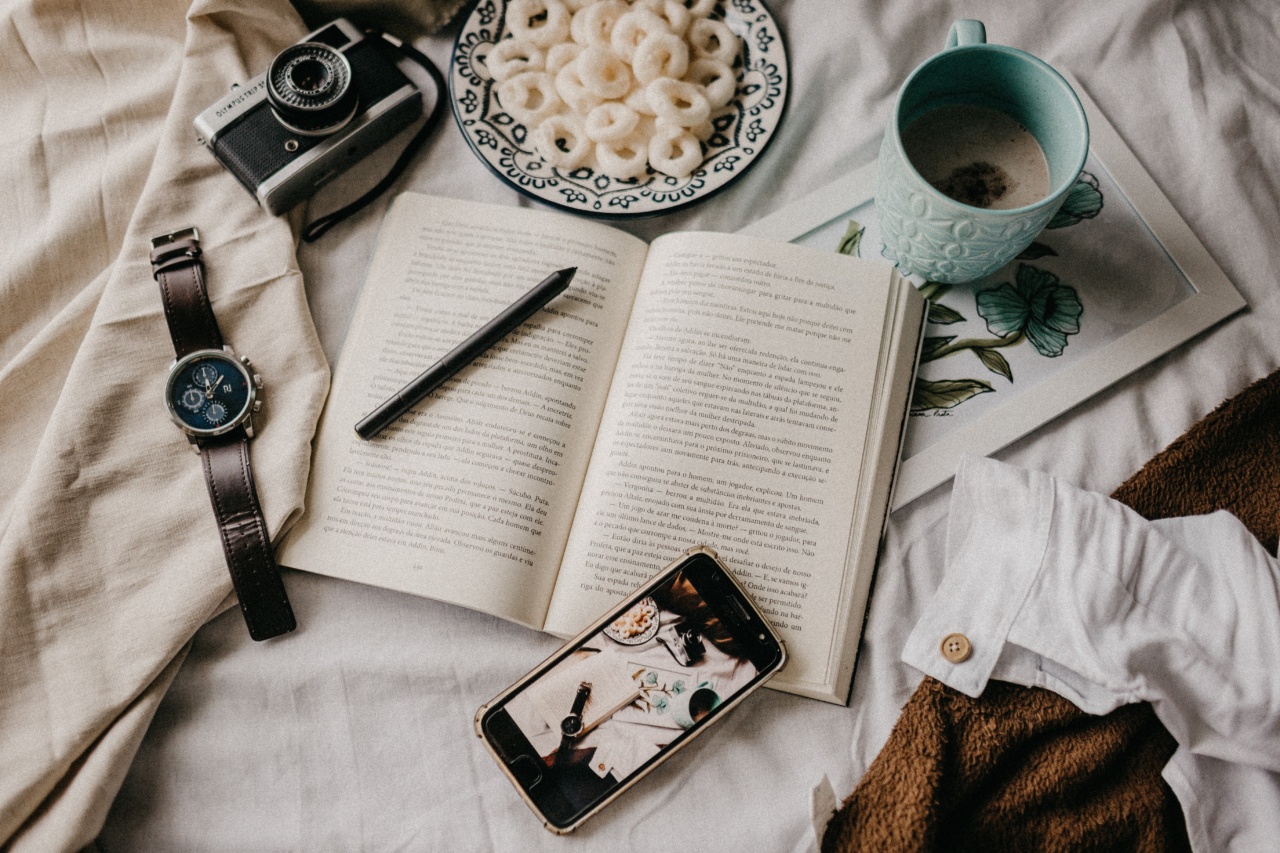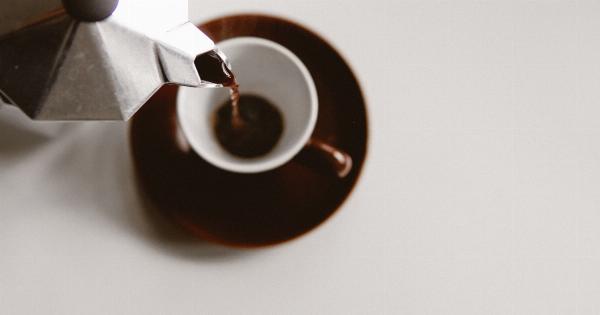For many people, a cup of coffee is an essential part of their daily routine. Whether it’s to kick-start their day, stay alert at work, or simply enjoy the rich aroma and taste, coffee has become a staple in countless households worldwide.
But when is coffee most effective? Is there an optimal time to consume this beloved beverage to maximize its benefits? In this article, we will explore the science behind coffee’s effects on the body and uncover the best times to indulge in a cup of joe.
The Science behind Coffee’s Effects
Before we dive into the best times to drink coffee, it’s crucial to understand how this popular beverage affects our bodies. The primary active ingredient in coffee is caffeine, a natural stimulant that binds to adenosine receptors in the brain.
By blocking adenosine, caffeine increases alertness and reduces fatigue.
Additionally, coffee stimulates the release of dopamine and norepinephrine, neurotransmitters associated with improved mood and enhanced cognitive function.
These effects, combined with the rich antioxidants found in coffee, contribute to its numerous health benefits.
Morning Boost: The Power of Coffee to Start Your Day
Many people rely on a steaming cup of coffee to jumpstart their morning routine, and there’s a good reason for it.
Our bodies naturally produce a hormone called cortisol, often referred to as the “stress hormone,” to help us wake up and feel energized. Cortisol levels tend to be highest within the first hour of waking up, typically around 8 a.m.
However, consuming coffee immediately upon waking might not be the best approach. Research suggests that cortisol levels naturally drop about 30 minutes after waking, known as the cortisol awakening response.
By waiting a bit before having your first cup of coffee, you can synchronize the caffeine’s effects with the natural dip in cortisol levels, maximizing its energy-boosting effects.
Afternoon Slump: Combatting Fatigue with Coffee
As the day progresses, many individuals experience a dip in energy and concentration known as the afternoon slump, usually occurring between 1 p.m. and 3 p.m.
This slump can significantly impact productivity, making it an ideal time to turn to coffee for a much-needed pick-me-up.
For optimal caffeine absorption during this time, it’s essential to consider your individual caffeine tolerance. Consuming coffee too late in the afternoon may interfere with your sleep quality, especially if you are sensitive to caffeine.
It is generally recommended to avoid coffee intake after 5 p.m. to ensure a good night’s sleep.
Exercise and Coffee: A Dynamic Duo
Coffee and exercise are two elements of a healthy lifestyle that often go hand in hand. Caffeine has been shown to improve athletic performance, increase endurance, and reduce the perception of fatigue.
The optimal time to consume coffee prior to physical activity depends on the duration and intensity of the exercise.
If you plan on engaging in a shorter, high-intensity workout, having a cup of coffee approximately 30 minutes before can enhance your performance by boosting alertness and reducing muscle pain.
On the other hand, for longer endurance activities such as running or cycling, it is recommended to consume coffee one to two hours before exercising to allow caffeine to reach its peak effects.
Coffee and Productivity: Finding Your Focus
Many people use coffee as a productivity tool, relying on its stimulating effects to stay focused and alert while working or studying.
The best time to drink coffee for enhanced productivity may differ across individuals and their unique circadian rhythms.
Research suggests that cortisol levels naturally peak around 9 a.m., 12 p.m., and 5:30 p.m. These cortisol spikes are associated with increased alertness and attentiveness.
Planning your coffee breaks around these times may amplify the effects of caffeine and improve productivity. However, it’s important to note that consuming large amounts of coffee can lead to jitters and anxiety, potentially hindering focus and concentration.
Post-Lunch Coffee: Finding Balance
It’s common for individuals to enjoy a cup of coffee after lunch to combat post-meal drowsiness.
While this habit can provide a much-needed energy boost, it’s important to strike a balance between the amount of coffee consumed and its potential interference with quality sleep later in the evening.
If you find yourself struggling to fall asleep at night, consider reducing or eliminating coffee intake after lunch.
Alternatively, opting for decaffeinated coffee or herbal teas can provide a satisfying beverage without the potential sleep disruption caused by caffeine.
Coffee and Chronotype: Understanding Your Body’s Natural Rhythms
Chronotype refers to an individual’s natural inclination toward being a morning person (lark), evening person (owl), or somewhere in between (hummingbird).
Understanding your chronotype can help optimize the effectiveness of coffee and minimize its potential side effects.
Larks tend to wake up early and feel most energized in the morning. For these individuals, enjoying a cup of coffee shortly after waking up can provide the ideal boost to jumpstart their day.
Owls, on the other hand, naturally have a later sleep-wake cycle and may find it beneficial to consume coffee in the mid-afternoon or early evening to combat fatigue and stay alert during evening activities.
Hummingbirds, who fall in between larks and owls, can experiment with different coffee consumption times to determine what works best for their unique energy patterns.
The Importance of Moderation and Individuality
While understanding the best times to drink coffee can help optimize its effects, it’s important to remember that moderation and individuality play significant roles.
Everyone’s body chemistry and tolerance to caffeine differ, and finding the right balance is key.
Caffeine sensitivity, genetic factors, and overall health should also be taken into consideration when determining the appropriate amount of coffee and ideal timing for consumption.
Consulting with a healthcare professional or nutritionist can provide personalized guidance tailored to individual needs.
Ultimately, the best time to drink coffee depends on personal preferences, daily routines, and specific goals.
Experimenting with different consumption times and being mindful of how coffee affects your body will help you find the perfect timing to enjoy this beloved beverage.





























